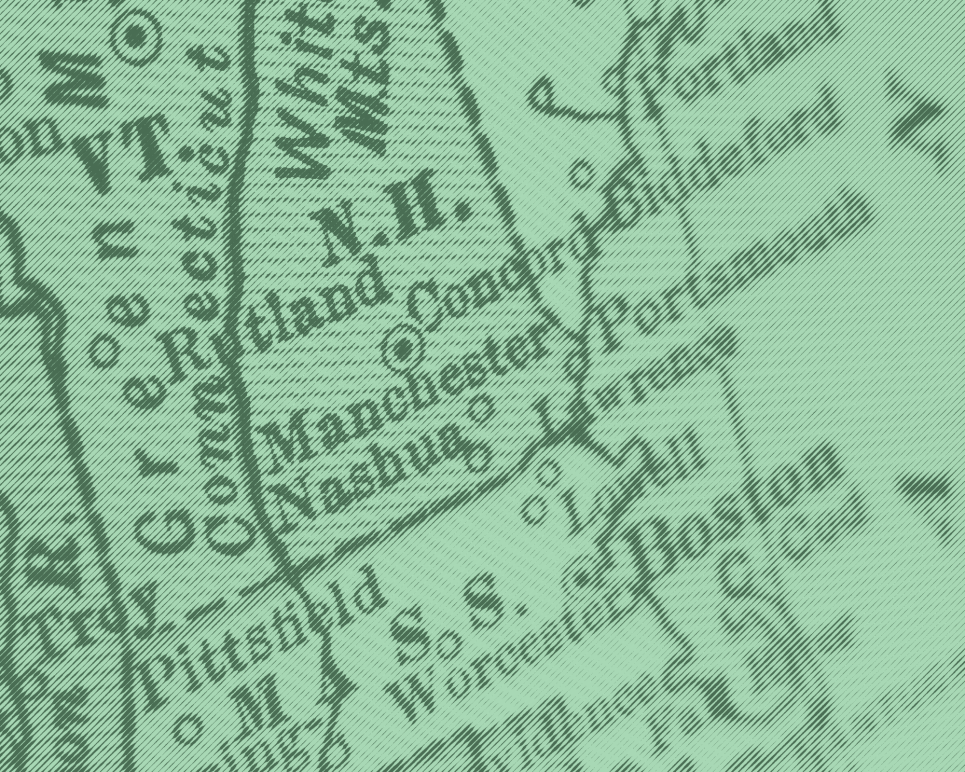Valentine's Day 2023 was far from ideal. On that day, Governor Chris Sununu delivered his budget address to a joint session of the New Hampshire legislature. And, as the details of his proposed budget were released in HB 1 and HB 2 (the budget bills), it became clear that the Governor sought to use the budget process as a vehicle to drastically expand policing and incarceration in the Granite State.
Fortunately, last week the House said no to those proposals! HB 1 and HB 2 now go to the Senate, which can amend them however they like, meaning our concerns are far from over. The vote yesterday in the House, however, sent a clear signal to the Governor and Senate that any attempt to reinsert those proposals into the budget will face strong bipartisan opposition in the House (any changes made by the Senate will need to be approved by the House).
Here’s some detail.
The version of HB 2 that the Governor sent to the House contained sections that created a new “Northern Border Alliance Program,” which, in reality, was a $1.4 million appropriation to expand policing and surveillance near the New Hampshire/Canada border. The Governor and Department of Safety tried to sell this program as a response to an alleged increase in unauthorized border crossings and is part of a broader effort to deputize local, county, and state law enforcement to conduct federal border enforcement. Unfortunately, as we too often see with law enforcement, when we asked the Governor and Department of Safety for the facts to back up their claims, it became clear that this alleged justification was manufactured.
This dangerous proposal would have harmed immigrant communities and led to a massive expansion of policing and surveillance in New Hampshire. As we found through our open records work in this case, Governor Sununu’s office and the Department of Safety could provide no evidence that unauthorized crossings or apprehensions are happening in the Granite State, let alone increasing. Worse, policies like this have increased racial profiling and, as has been shown in study after study, make our communities less safe. This is largely because immigrant community members are less likely to go to the police if they are the victim of or witness to a crime if they believe the police may inquire about their immigration status.
Unfortunately, despite the rhetoric around increased unauthorized border crossings, history has already taught us what this money was really for – using immigration as an excuse to expand government surveillance and policing near the border. A few years back, we heard similar justifications to support the use of so-called “immigration checkpoints,” which a New Hampshire court later found to be used to circumvent the New Hampshire Constitution to go Granite Staters for low-level drug possession.
This brings us to another piece of good news from yesterday’s budget vote. For the past few years, we have been advocating for legislation that would require state, county, or municipal law enforcement to provide the public with up to 24 hours’ notice when they find out that that a federal agency intends to conduct an immigration checkpoint. This notice requirement would be similar to the advanced notice that is provided for sobriety checkpoints, which, as the Attorney General has noted, is important to “minimize[] motorist surprise, apprehension and inconvenience.” Last week, the House voted overwhelmingly to add this notice requirement to HB 2.
Here’s one reason NH law enforcement doesn’t want this notice requirement. The use of immigration checkpoints allows them to circumvent the requirement of reasonable suspicion of criminal activity before conducting a search for controlled substances using trained canines. During the August 2017 and September 2017 checkpoints, if contraband was allegedly found CBP agents seized that contraband and surrendered it to state or local law enforcement who were on the scene of the checkpoint. During these 2017 checkpoints, state or local law enforcement then charged the individual(s) in state court for violating state drug laws. While CBP have claimed these checkpoints are for the purpose of immigration enforcement, their actions have shown that the primary purpose has been to do an end run around the NH Constitution.
The Governor’s version of HB 2 also included a request for $50 million as a “deposit” for the design and construction of a new state prison. While there are serious and horrific physical conditions of confinement that need separate and immediate action at the men’s state prison, this cannot be exploited as justification for the construction of a, possibly up to half-a-billion-dollar, facility without a clear understanding of the future of incarceration in NH, including how we can continue to reduce our need for incarceration while increasing community safety.
Here’s what we know about our prison that must be considered before any decisions are made about constructing a permanent new facility. Since 2014, New Hampshire’s prison population has declined 35 percent and crime has decreased over 31 percent, showing that we can safely reduce our reliance on incarceration. We also know that around half of the people currently caged in the men’s prison are there due to a parole violation, and that many others could be eligible to leave the state prison and transition into community-based supervision if adequate resources were being allocated to halfway houses and other community solutions. The real solution here is to utilize community resources that divert people from reincarceration, not deepen the systems of incarceration through the construction of a new prison – especially in a vacuum.
Thank you to the bipartisan group of legislators who did the right thing last week. Now, on to the Senate.
